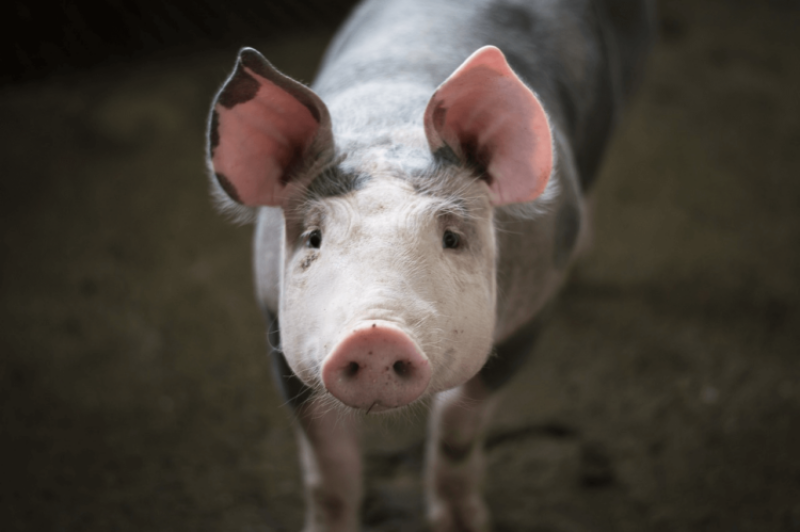An international research team published a study “Graft dysfunction in compassionate use of genetically engineered pig-to-human cardiac xenotransplantation: a case report” in The Lancet revealed what led to the eventual heart failure in the world’s first successful transplant of a genetically-modified pig heart into a human patient. University of Maryland School of Medicine (UMSOM) physician-scientists conducted the procedure in January 2022.
The patient, 57-year-old David Bennett, Sr., was treated at the University of Maryland Medical Center. He experienced strong cardiac function with no obvious signs of acute rejection for nearly seven weeks after the surgery. A sudden onset of heart failure led to his death two months after the transplant. Since then, the transplant team has been conducting studies into the physiologic processes that led to the heart failure to identify factors that can be prevented in future transplants to improve the odds of longer-term success.
The new study confirms that no signs of acute rejection occurred during the first several weeks after the transplant. Likely, several overlapping factors led to heart failure in Bennett, including his poor state of health prior to the transplant that led him to become severely immunocompromised.































